Antonio José de Sucre y Alcalá
(1795–1830)
The Knight of Ayacucho
“History never remembers the men who hesitated—only the ones who charged, bleeding and cursing, into the teeth of a future they barely understood.”
—Attributed to some exhausted officer who probably died five minutes later
The gunpowder smoke clung to the valley like a bad decision. Ayacucho, December 9, 1824—one of those crisp Andean mornings where the air is thin, the nerves are thinner, and everyone involved is legally required to contemplate their own mortality every thirty seconds. Antonio José de Sucre, twenty-nine years old and already carrying the expression of a man who knew destiny personally and found it annoying, sat his horse at the crest of La Quinua with all the calm of a saint and all the patience of a man who had not slept in weeks. He adjusted his uniform, breathed once, and then unleashed a patriotic hurricane that would break an empire.
If you were a royalist soldier that day, you probably wished you’d stayed in bed. If you were a patriot soldier, you were still going to die, but at least you’d be dying for something that sounded good in speeches. And presiding over this final act of Spanish colonial unraveling was Sucre—Venezuelan by birth, cosmopolitan by war, brilliant by temperament, and doomed by the fact that Latin America never lets its best men retire quietly.
Because of course it was Sucre. The man was practically engineered to lead a decisive battle: brain of a mathematician, manners of a monk, courage of a man who did not intend to see thirty-five. When he barked “¡Adelante!”, men moved. When he stared at the Spanish lines, they stared back and reconsidered their life choices. And when the guns thundered, when the highland wind ripped the smoke sideways, and when the Andes echoed with the kind of violence that makes future historians rich, Sucre wasn’t just making history—he was burying the old world in a shallow, unmarked grave.
The Polite Volcano
Antonio José de Sucre y Alcalá was born in 1795 and raised into a world that very quickly taught him two things: (1) empires look eternal until they’re not, and (2) if you want anything done right, do it yourself with terrifying competence. He was bright, bookish, disciplined, and—this is the important part—so absurdly trustworthy that Simón Bolívar, a man who trusted exactly nobody, treated him like a younger brother who could be left alone without burning the house down.
Sucre wasn’t the typical Latin American independence hero. He didn’t drink himself stupid, didn’t duel half the population of a city, and didn’t have an ego shaped like a cathedral. He was nearly saintly in temperament—and yet he waged war like a man who had read all the manuals, rewritten the chapters on artillery, and underlined the part about “officers should lead from the front.”
By the time he was in his early twenties, he was already a general, mostly because nobody could stop him. He was too good. Too quick. Too precise. And, let’s be honest, the patriots needed at least one commander who didn’t resemble a lovable catastrophe.
Bolívar’s Right Hand (and Spare Brain)
Bolívar may have dreamed the dream of independence, but Sucre built the bridges, cleaned up the paperwork, kept the army fed, and made the plans that didn’t end with everyone dead. He was the man you put in charge when you really needed to win something.
New Granada? He helped stabilize it. Ecuador? He liberated it. Bolivia? Bolívar let Sucre name the damn country (and Sucre, adorable nerd that he was, named it after Bolívar instead of himself). Across the continent, if there was a mess, Sucre cleaned it; if there was a junta, Sucre calmed it; if there was a battle, Sucre solved it like a math problem wearing a general’s sash.
But Ayacucho—Ayacucho was the masterpiece. The whole continent clung to that day like a cliffhanger. If the patriots lost, Spain might somehow un-collapse itself and stick around another century. If the patriots won, the continent broke free for good.
Which is exactly what Sucre delivered: a one-hour surgical decapitation of Spanish power so perfect that Spain’s entire military command essentially said, “Well, we’re done,” and packed its colonial bags.
Ayacucho: The Empire-Slayer
Back to the battlefield. The royalists had numbers. The patriots had momentum. And Sucre—Sucre had the brain of a field marshal and the calm sincerity of a priest telling you not to worry about the knife he’s holding.
He arranged his lines to provoke a royalist overextension. He used terrain like he’d sculpted the hills himself. He hid cavalry like Easter eggs. And when the Spaniards charged, he snapped the trap shut with the kind of timing that makes future cadets sigh romantically.
The patriot center bent but didn’t break; the flanks enveloped; José María Córdoba—Sucre’s favorite aggressive maniac—charged with a scream that could scrape paint. By the time the cavalry hit, the royalists were cooked. The viceroy was wounded, the command collapsed, and the last Spanish hopes in South America evaporated like spilled rum in the sun.
When the smoke cleared, Sucre walked the field with the exhausted dignity of a man who had just successfully ended three centuries of colonial rule before lunch.
Ayacucho didn’t just win independence—it closed the series. Spain signed the capitulation. The continent exhaled for the first time in generations. And Sucre became a legend.
A young one. A reluctant one. The kind who already suspected the gods of history do not let their chosen heroes grow old.
The Saint in a Den of Wolves
Having saved half the hemisphere, Sucre tried to do the impossible: govern it.
This went about as well as peacefully refereeing a knife fight inside a burning tavern.
Bolivia adored him, then didn’t. Factions circled. Politicians postured. Old allies began treating him like an inconvenient relic of the war—too honorable, too competent, too uncorrupted for their comfort. Sucre hated politics. He once said ruling Bolivia made him feel like he’d aged ten years in one. Which, to be fair, is how most presidents describe their jobs, but Sucre meant it literally.
He wanted out. He wanted peace. He wanted to go home to his wife and stop carrying a nation on his shoulders.
History, unfortunately, had other plans. And they were as subtle as a musket ball.
Gran Colombia Crashes and Burns
The union Sucre fought to defend—Gran Colombia—was tearing itself apart like a soap opera written by political theorists with anger issues. Bolívar tried becoming a dictator just long enough to keep the country from exploding, but that just made everyone explode louder.
Meanwhile, Sucre kept getting dragged back into duty. Every time he tried to retire, some crisis yanked him by the collar. In 1828, a riot in Bogotá literally stormed the palace and stabbed him—because nothing says “thank you for your service” like an assassin’s blade between your ribs.
But Sucre survived. Of course he survived. He’d lived through cannon fire, cavalry charges, and bureaucrats—no mere political mob could finish him.
But fate was not done sharpening the knife.
The Ambush
By 1830, Bolívar was sick, exhausted, and dying. Gran Colombia was collapsing. And Sucre—loyal to the end—agreed to travel to Quito to help stabilize what was left.
He never made it.
On June 4, 1830, in a mountain pass at Berruecos, Sucre rode with a tiny escort. It was peaceful, wooded, deceptively quiet—the kind of place where nothing good ever happens to national heroes.
Shots rang out from the trees. Sucre took a bullet to the head. He fell from his horse. The man who ended an empire died in a ravine, ambushed by cowards hired by politicians too afraid to face him alive.
He was thirty-five.
Thirty-five.
The Liberator of Ayacucho ended not on a battlefield but in a ditch, killed by men whose names history forgot on purpose.
When Bolívar heard the news, he broke. “They have killed the best man of the nation,” he said. They had also killed the last person who could hold the collapsing dream together.
Gran Colombia shattered weeks later.
The Myth, the Memory, the Mountain of Statues
Death improved Sucre’s popularity instantly.
Bolivia named its capital after him. Streets, provinces, and mountains took his name. He became the poster child of honorable revolution—Latin America’s model general, the anti-dictator, the man with clean hands and a terrifying sword arm.
Statues multiplied. Schoolkids memorized his battlefield moves. And everyone conveniently forgot how they’d treated him while he was alive—because martyrdom is always better PR.
Today, Sucre survives as the rarest kind of independence icon: the one without scandal, without ego, without a trail of political corpses left behind. It’s almost suspicious. Almost unbelievable.
Almost.
But then again, maybe Sucre really was the Andes’ impossible gift—a leader too good for politics, too brave for his lifespan, and too competent to survive the continent he liberated.
Victory made him immortal. But immortality, as always, demands a corpse.
And Sucre, poor bastard, delivered one right on schedule.
Warrior Rank #172
Sources
Lynch, John. Simón Bolívar: A Life.
Masur, Gerhard. Simón Bolívar.
Lambert, Peter. Bolivia: The Evolution of a Multi-Ethnic Society.
Anna, Timothy E. The Fall of the Royal Government in Peru.
Scheina, Robert L. Latin America’s Wars.
Bushnell, David. The Making of Modern Colombia.
The Andean Field Marshal’s Guide to Solving All Your Friends’ Political Crises.
So You Liberated a Continent, Now What? A Retirement Guide for Exhausted Generals.
Anonymous pamphlet allegedly titled Please Stop Being Better Than Us — A Political Memoir.

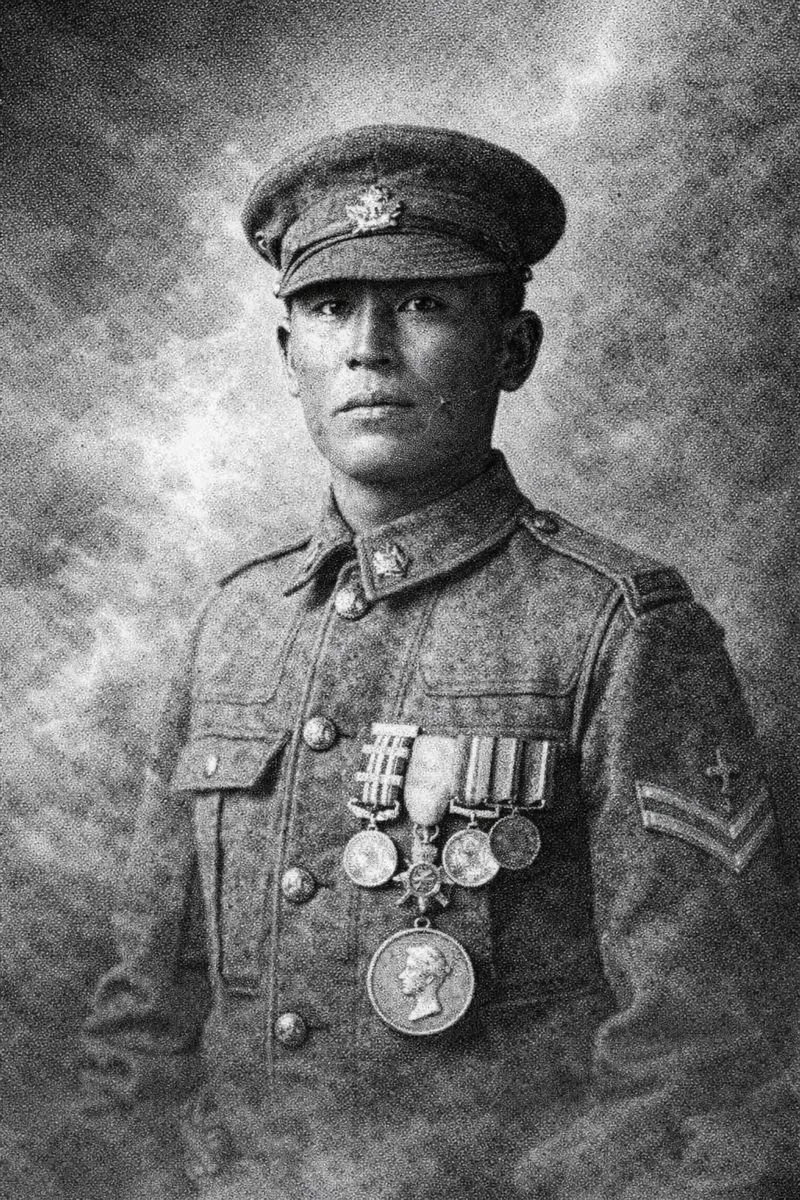
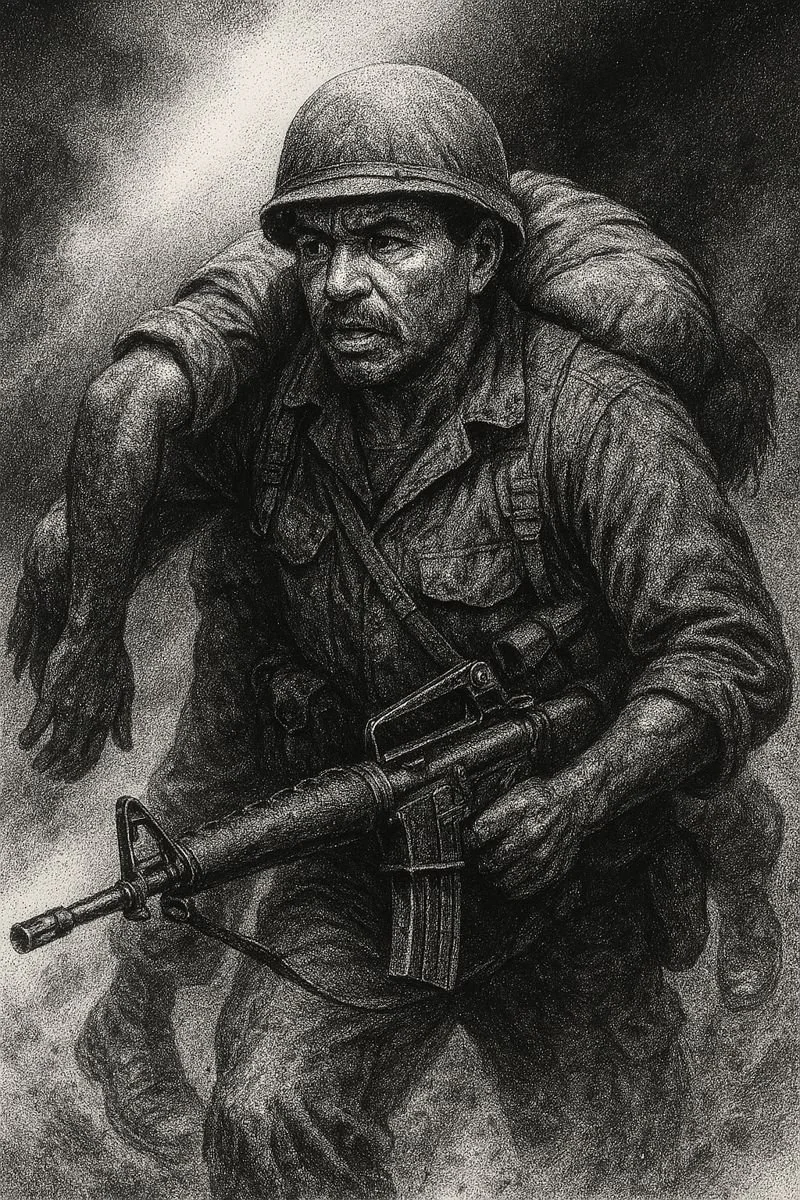
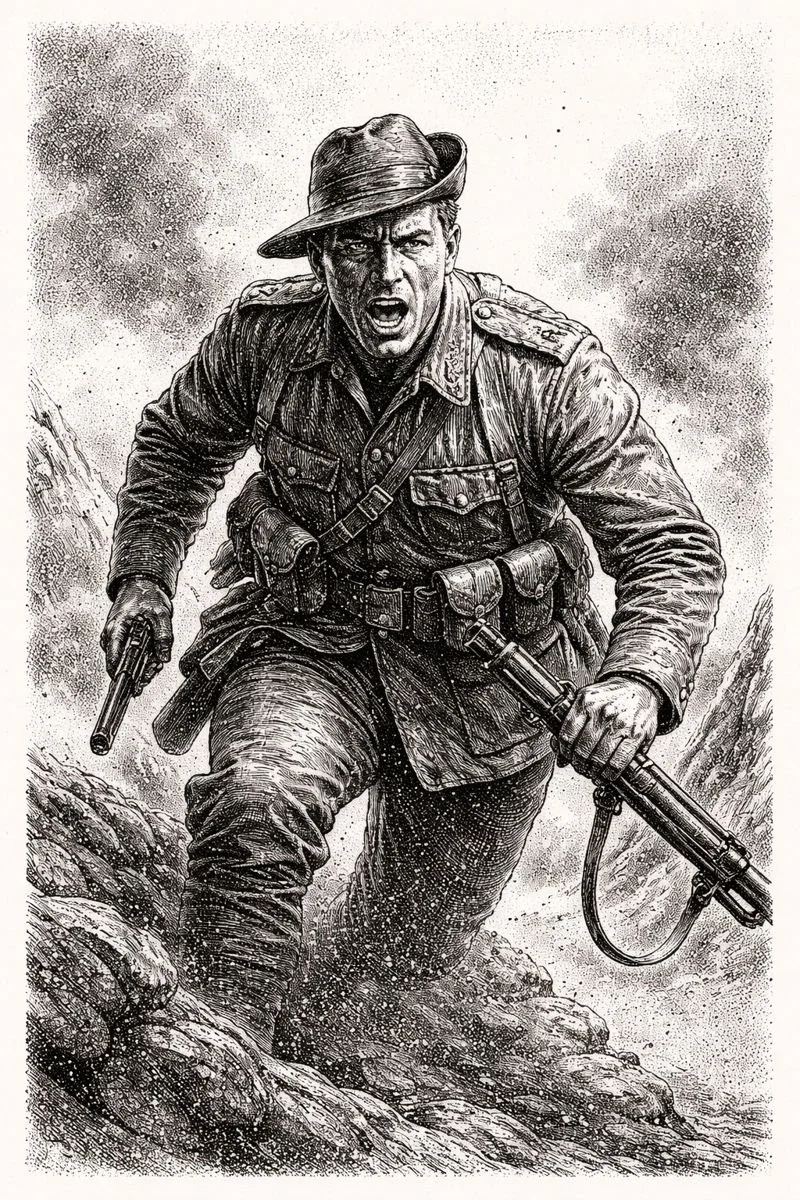
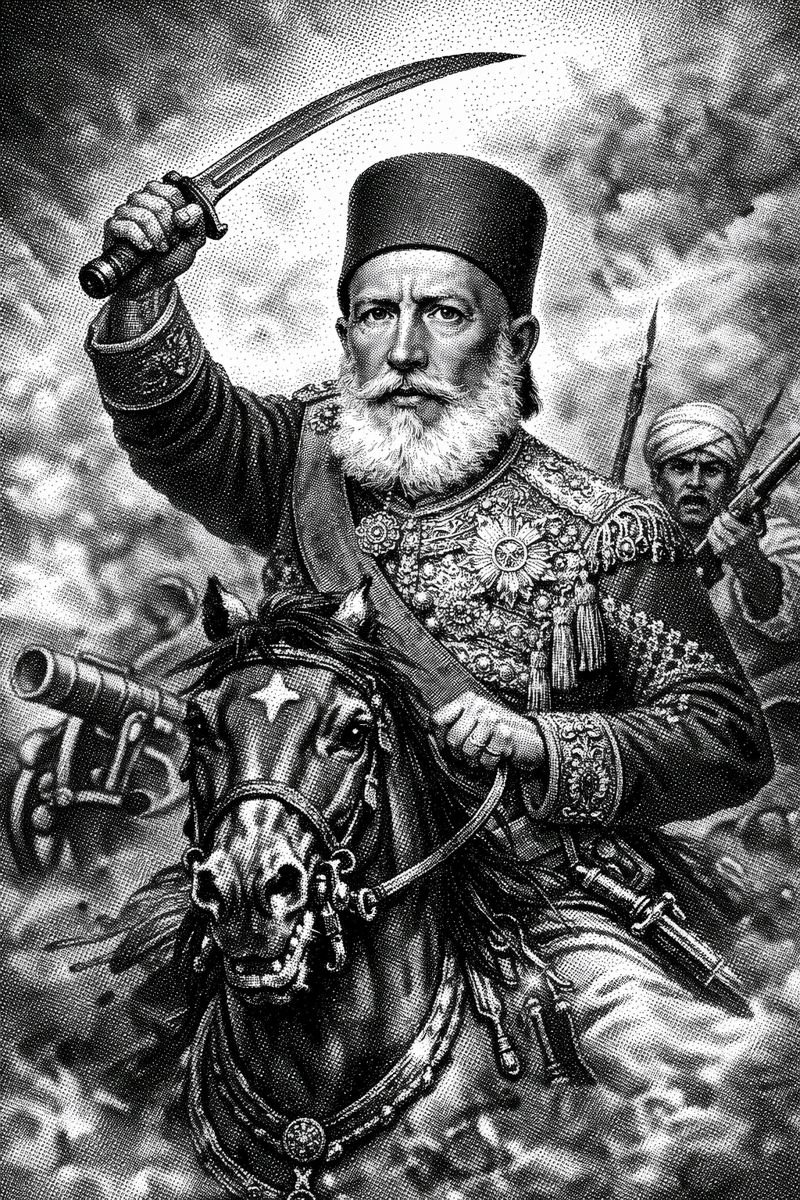
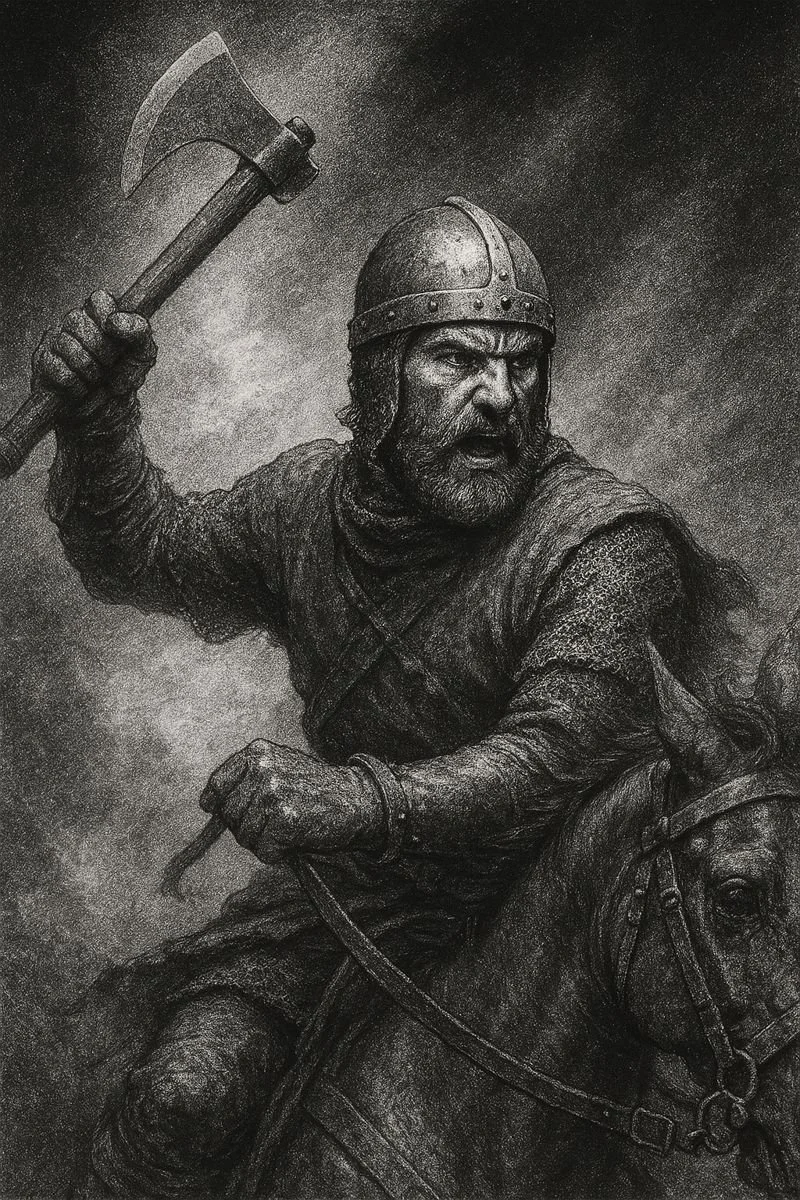
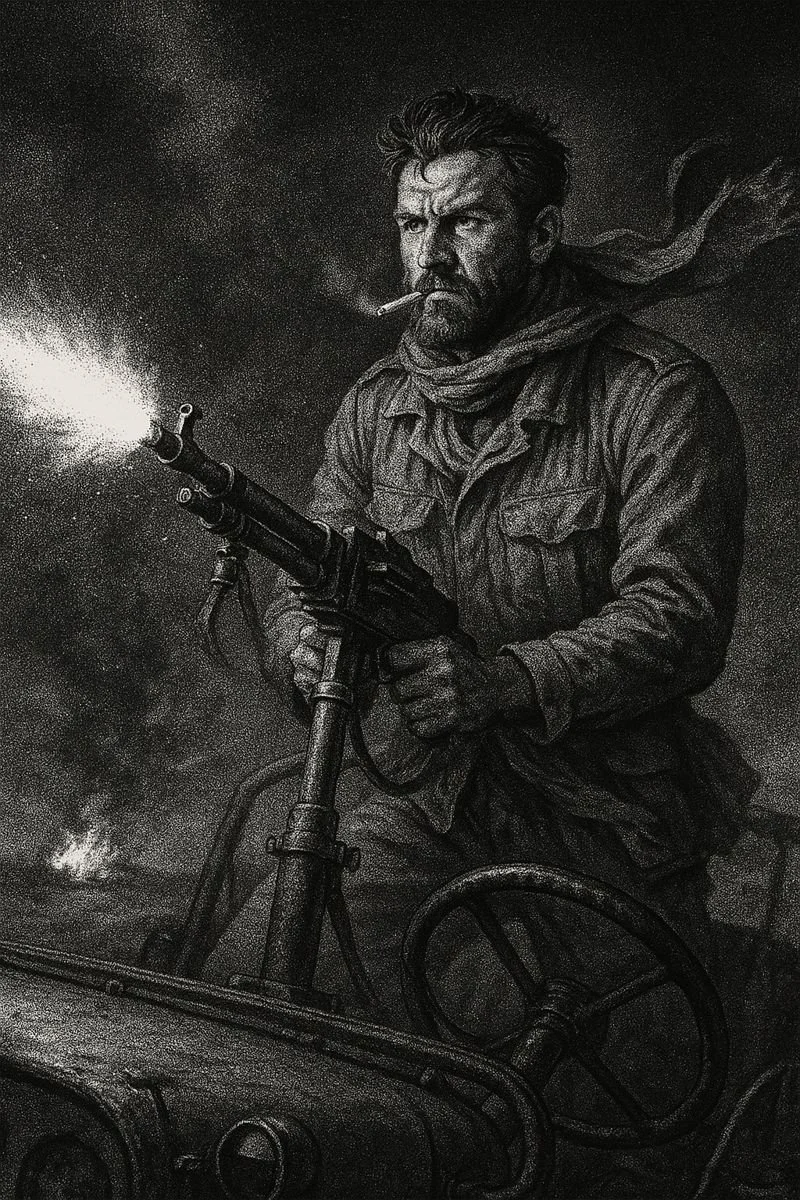
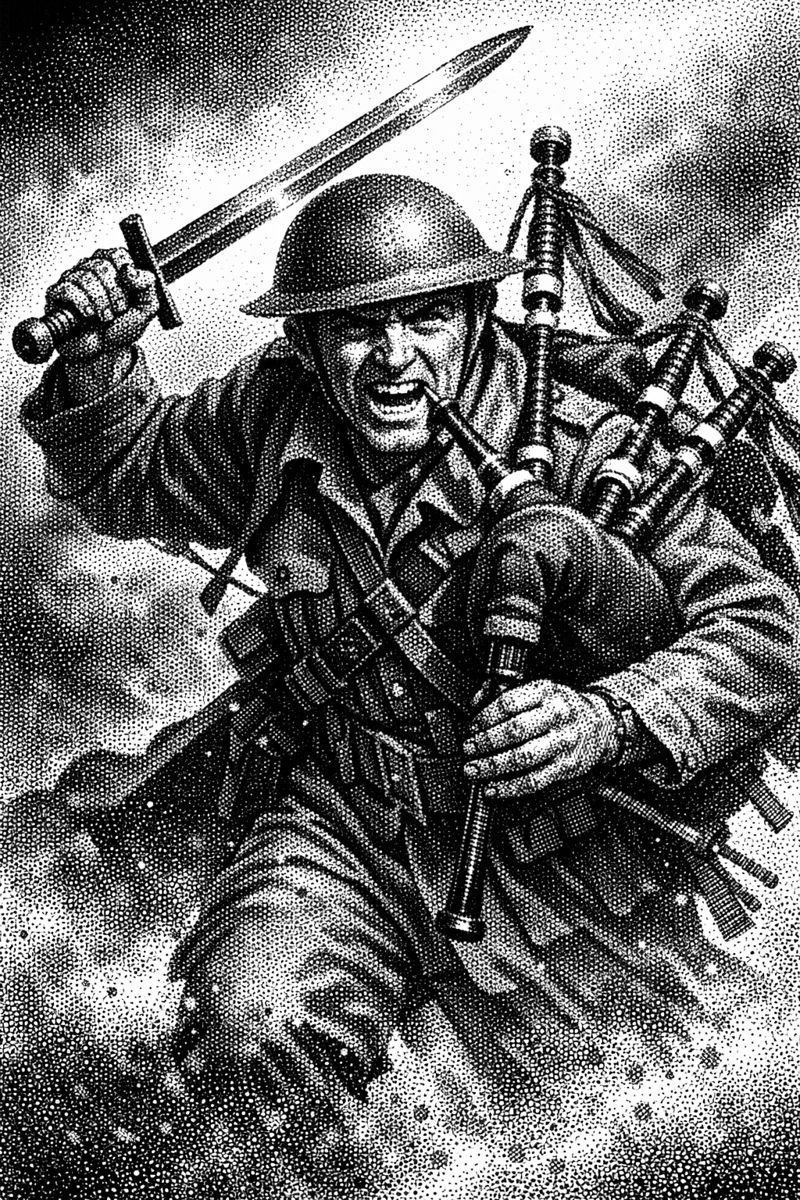
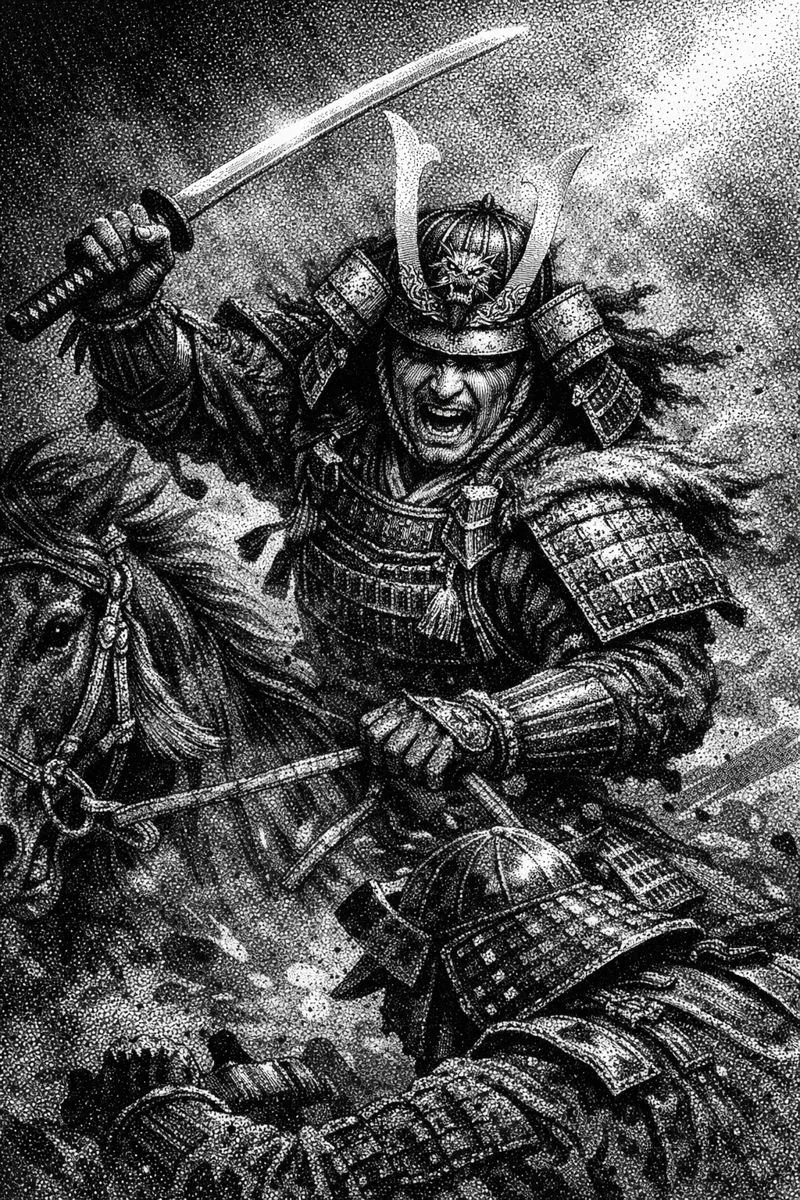

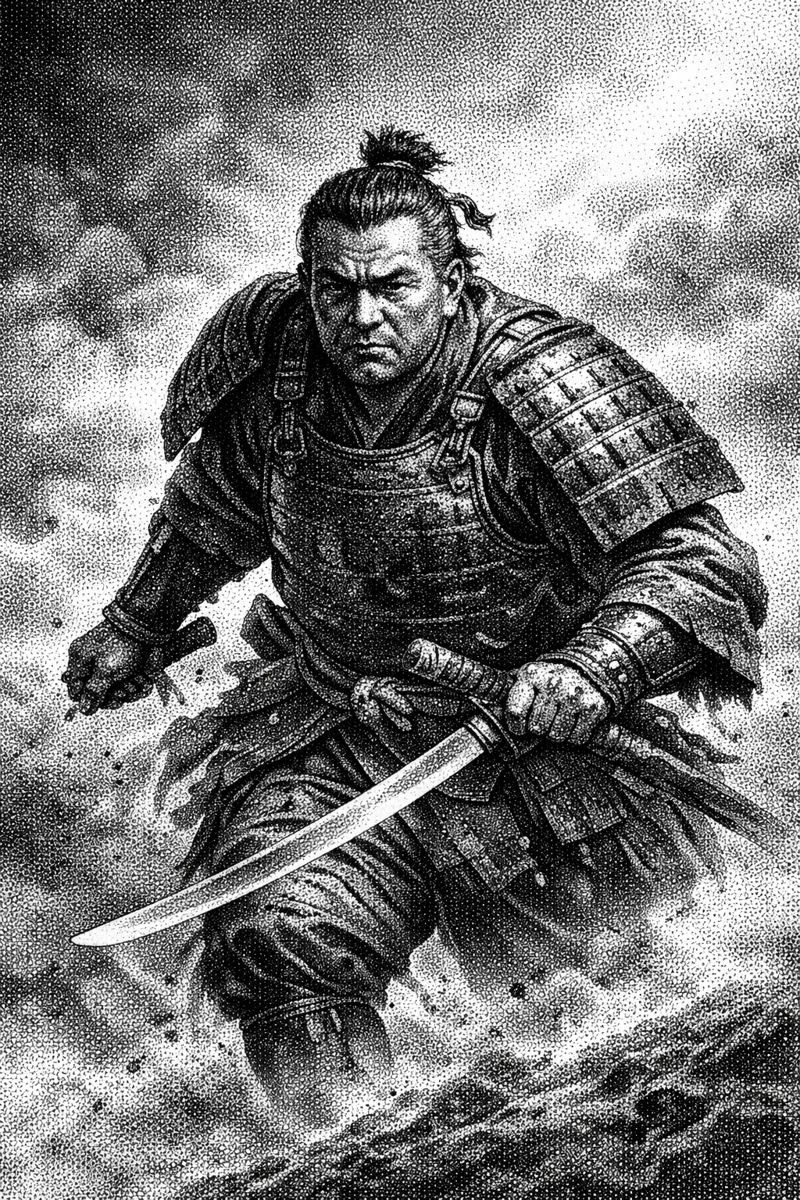

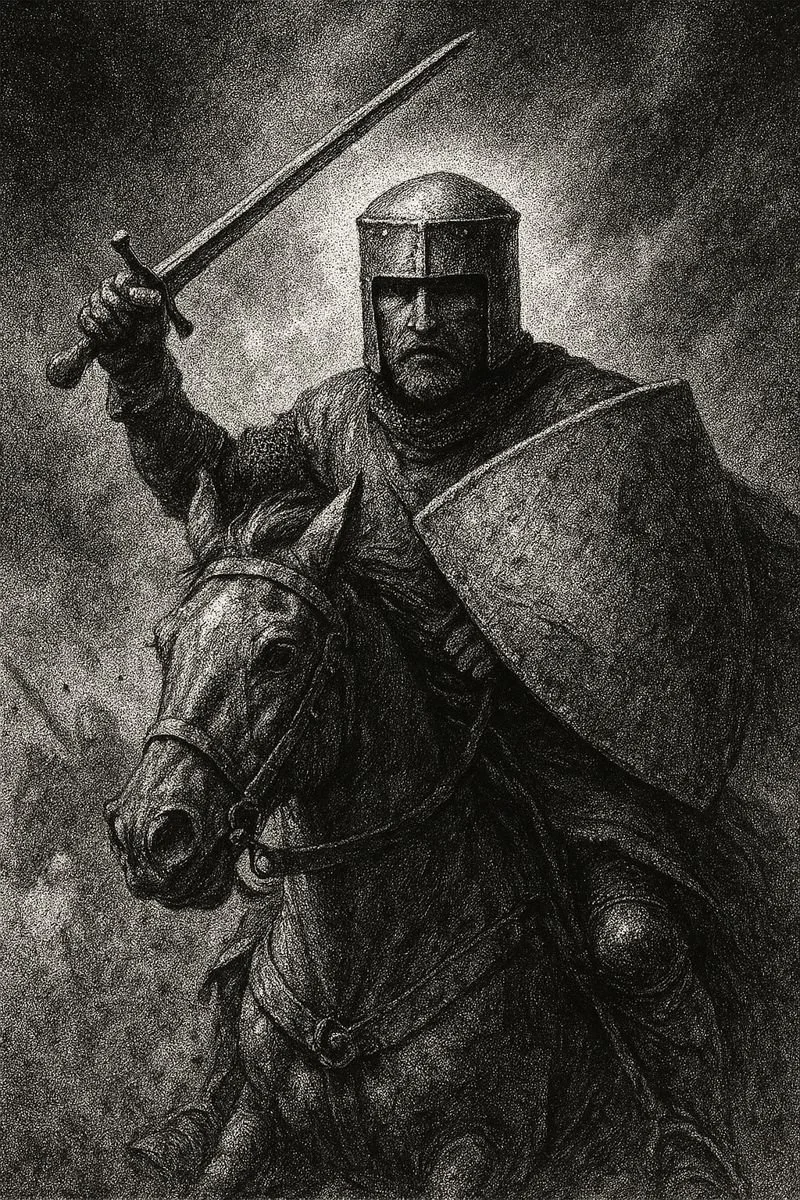

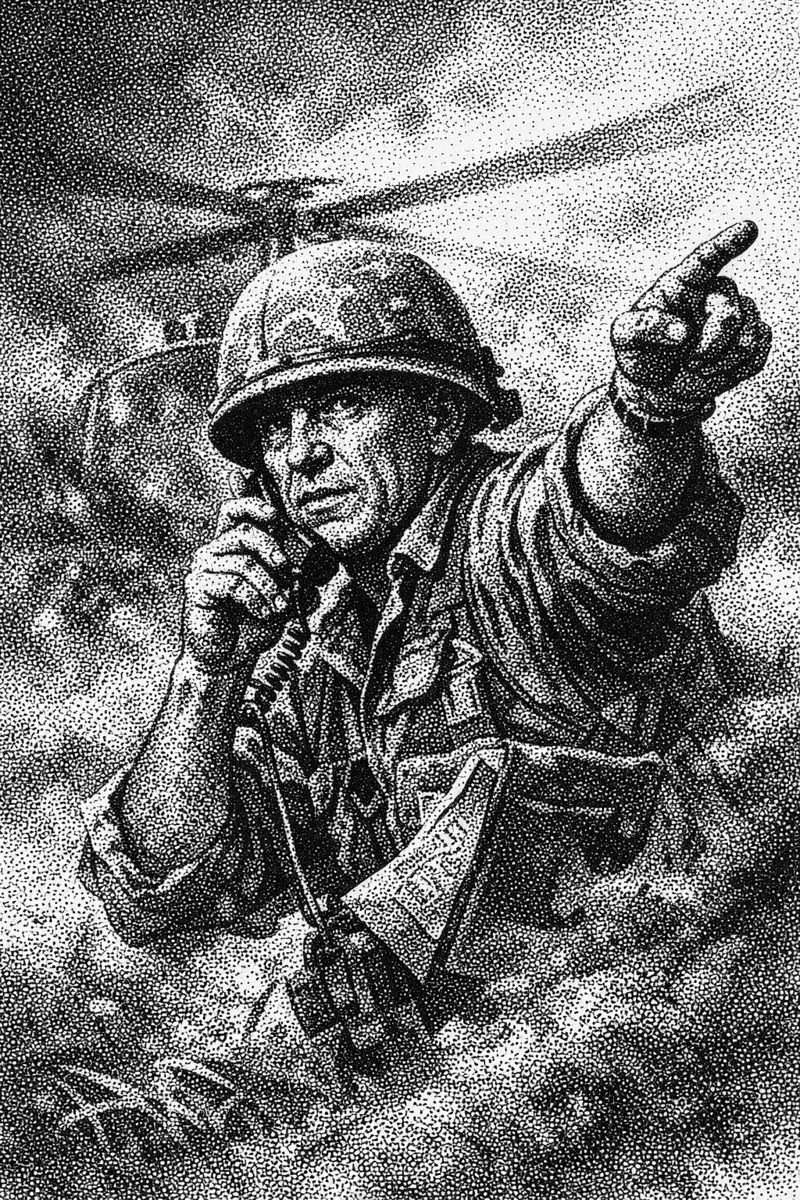
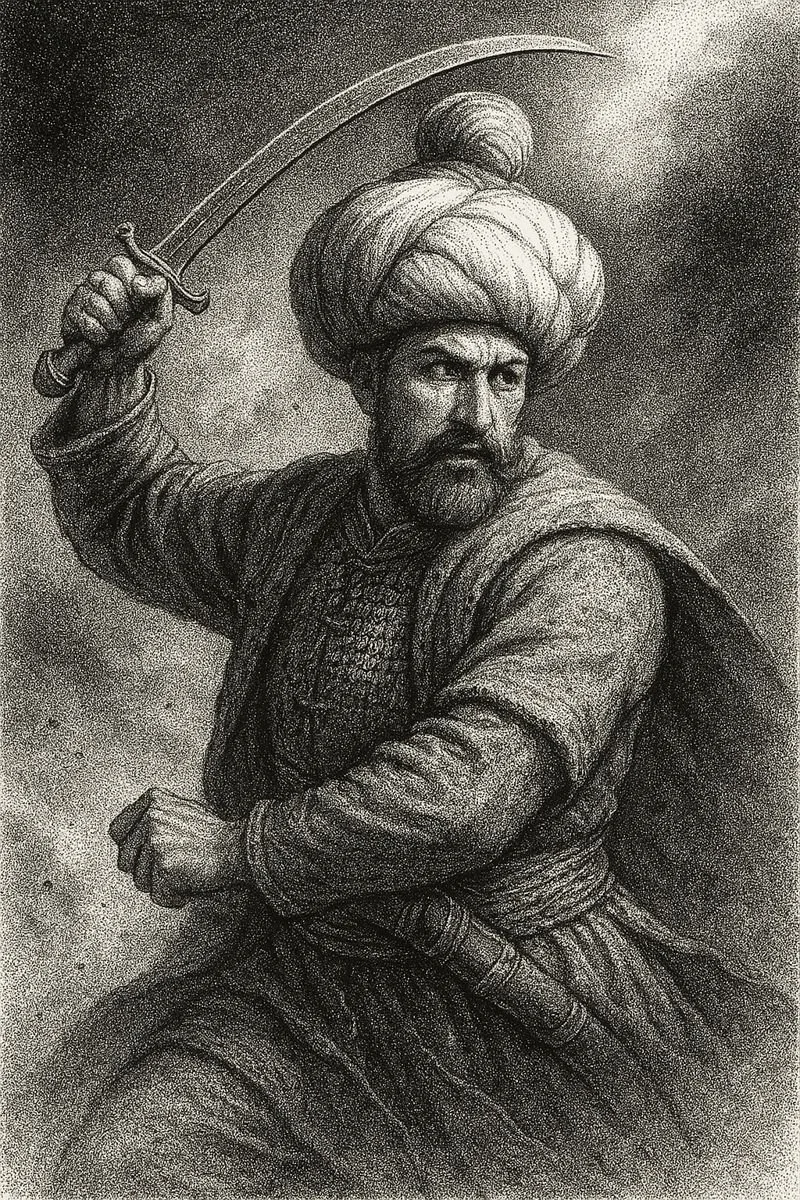
Charles XII of Sweden was a warrior-king who personally led his armies through the Great Northern War, turning early victories into legend through ferocious discipline and reckless courage. His refusal to compromise or retreat ultimately shattered Sweden’s empire, leaving behind a mythic figure admired for bravery and criticized for destroying everything he fought to protect.
Rank - 125